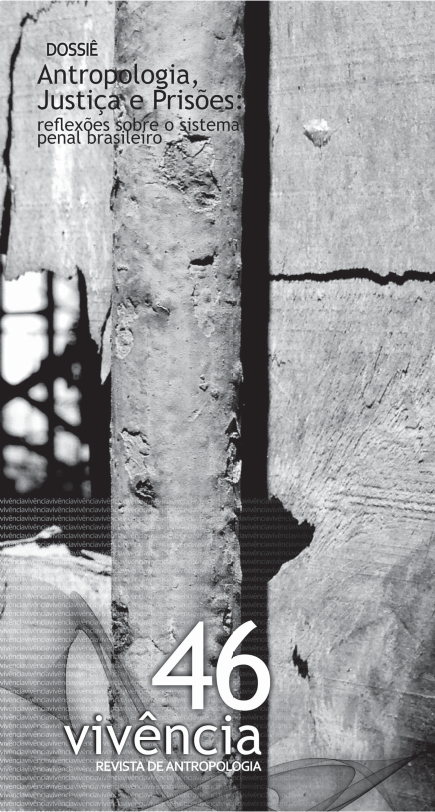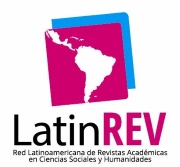Fios da vida: crianças abrigadas, hoje adultas, diante de seus prontuários / Threads of life: institutionalized children, now adults, facing their files
DOI:
https://doi.org/10.21680/2238-6009.2015v1n46ID8775Keywords:
Crianças abrigadas. Direito à memória. Rastros. / Institutionalized children. Right to memory. Traces.Abstract
No âmbito do Projeto Temático “Antropologia da Performance: Drama, Estética e Ritual” (FAPESP), concluído em 2013, desenvolveu-se a pesquisa “Fios da Vida: identidade, memória e ritual. Crianças abrigadas, hoje adultas, diante de seus prontuários.” Seu principal objetivo foi analisar por que, todos os anos, vários adultos buscam nos arquivos da Fundação CASA (Centro de Atendimento Socioeducativo ao Adolescente) registros da infância passada em abrigos públicos do estado de São Paulo. A hipótese de que essa busca seria uma experiência marcante, em que imagens do passado se articulariam ao presente possibilitando a (re)criação de significados para as experiências identitárias dos “ex-abrigados” se verificou mediante a análise de 57 prontuários (desarquivados entre 2006 e 2012) e de histórias de vida com 3 adultos (abrigados entre 1947 e 1974). Ao final da pesquisa, também se impôs o conceito benjaminiano de rastro: elemento ambíguo, residual e polissêmico que pode ser lido como uma cifra de trajetórias que o transcendem. Finalmente, o conjunto formado pelo material documental, por histórias de vida, um acervo fotográfico e uma visita guiada ao instituto em que os entrevistados permaneceram abrigados propiciou um curta-metragem norteado pela premissa de que a reflexividade antropológica passa pela intertextualidade, intersubjetividade e explicitação de relações produtoras de sentidos. “Ex-abrigados” se revelaram “ex-menores” autores de suas memórias, identidades e dignidades. Neste artigo, especialmente aspectos metodológicos, são apresentados e analisados.
Abstract
The research “Threads of life: identity, memory and ritual. Institutionalized children, now adults, facing their files” was developed in the range of FAPESP Thematic Project “Anthropology of Performance: Drama, Aesthetics and Ritual”, concluded in 2013. Its main objective was to analyze why, every year, several adults search the CASA Foundation (Centre for the Socio-Educational Attention of Adolescents) files for records on their childhood period spent in children’s homes and institutions in the State of São Paulo. The hypothesis this search consists in a remarkable experience, in which past images are articulated to the present, making it possible to (re)create meanings for the “ex-institutionalized ones” identity experiences, was verified through the analysis of 57 files (unfiled between 2006 and 2012) and the life stories of 3 adults (who were under institutions between 1947 and 1974). At the end of the research, Benjamin’s concept of trace was also employed: an ambiguous, residual and polysemic element, which can be understood as a transcending code of trajectories. Finally, when set together, the documental material, the life stories, the photographic files and a guided visit to the institution where they once lived originated a documentary short film, guided by the premise that anthropological reflexivity implies intertextuality, intersubjectivity, as well as shedding light on explicitly showing the meaning-making relations. “Ex-institutionalized” ones revealed themselves as “ex-underage”, authors of their own memories, identities and dignity. In this article, especially methodological aspects are presented and analyzed.


 Português (Brasil)
Português (Brasil) English
English Español (España)
Español (España) Français (Canada)
Français (Canada)






